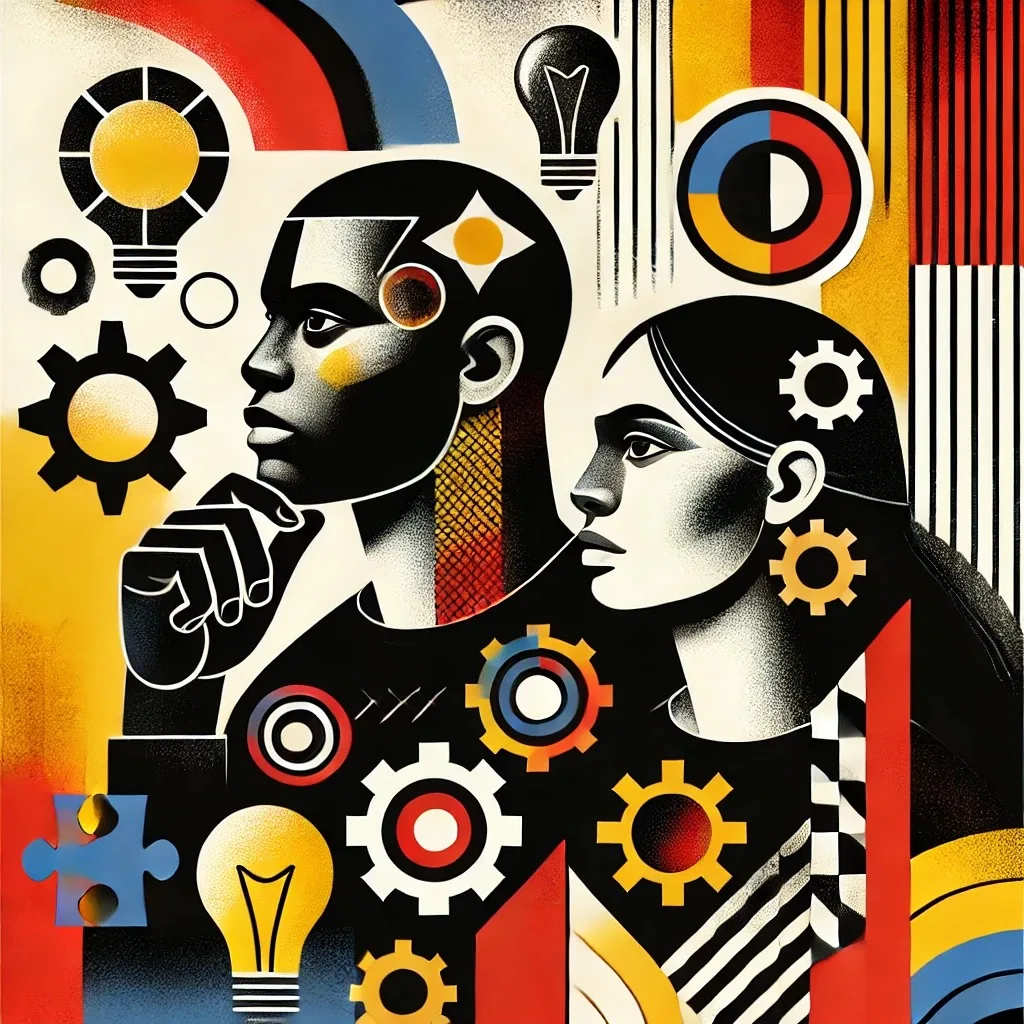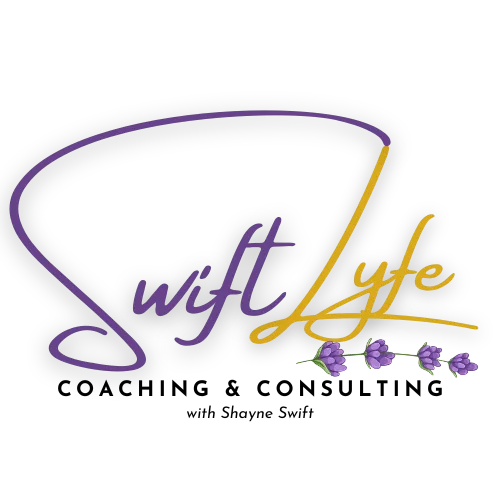Today, I sat staring at a blank Google Doc, thinking about what to write. There are so many conversations we need to have about ADHD in the BIPOC community. I found myself reflecting on why, even after receiving a diagnosis, many of us—people of color—struggle to accept it. We often reject the diagnosis, the therapy, the coaching, and especially the medication. It frequently starts with a resistance to taking on yet another label.
As members of the BIPOC community, we can understand this hesitation. However, the danger of rejecting the “label” is profound. When we refuse to acknowledge ADHD, we miss out on the opportunities to access tools, resources, and support systems that could significantly change our lives for the better.
The Roots of Rejection
Societal Expectations:
BIPOC individuals often face pressure to “work twice as hard” to succeed in a world that already scrutinizes them. In this context, ADHD may feel like a potential weakness, reinforcing harmful stereotypes like being “unmotivated” or “disorganized.” The fear of confirming these biases often leads many to reject the diagnosis. “I’m already [Black/Latinx], already battling [racism/inequality]… and now ADHD on top of all that?” The frustration can feel overwhelming.
Stereotypes and Bias:
Stereotype threat plays a huge role in how ADHD is perceived. In Black and Latinx communities, people are often seen as less capable or competent. Adding an ADHD diagnosis might feel like providing yet another reason for others to believe these false narratives.
Family and Community Perceptions:
In many cultures, mental health struggles are dismissed or labeled as weakness. Some families view ADHD as an excuse for laziness, leaving many BIPOC ADHDers feeling isolated and unsupported. Many clients who receive a diagnosis later in life share that they haven’t discussed it with their family or friends, fearing they’ll be misunderstood or judged.
Cultural Conditioning
Historical Mistrust of the Medical System:
BIPOC communities carry a deep mistrust of the medical system, and for good reason. From unethical medical experimentation to systemic mistreatment, our experiences with healthcare have often been harmful. ADHD, which is sometimes overdiagnosed or misunderstood, adds to this mistrust. Many of us question whether our diagnosis is real or just another way to box us in.
Cultural Values:
Cultural values in the BIPOC community often emphasize “pulling yourself up by your bootstraps.” Vulnerability is often equated with weakness, so instead of asking for help, we often struggle in silence, believing we have to endure without support.
The “We Don’t Talk About That” Mentality:
Mental health is still a taboo subject in many BIPOC families. ADHD is just another label we’re encouraged to avoid or ignore, leading to silent suffering that only intensifies over time.
The Impact of Internalized Stigma
The Weight of Expectations:
BIPOC individuals often feel the burden of representing their communities in a positive light, leaving little room to acknowledge ADHD as part of their identity. Embracing ADHD might feel like admitting a flaw—something we can’t afford to show.
Personal Identity Conflict:
For many, rejecting an ADHD diagnosis is tied to identity. Accepting the diagnosis might make someone feel “less than” or reinforce harmful stereotypes about their race or culture. This internal conflict can prevent self-compassion and acceptance. In my household, where ADHD is normalized—both my husband and I are neurodivergent—our daughter’s biggest concern when diagnosed was, “Am I going to die?” The stigma and misinformation surrounding ADHD can deeply affect how we see ourselves.
The Collective Impact
Changing the Narrative for Future Generations:
When BIPOC individuals embrace their neurodivergence, they help shift the stigma around ADHD in our communities. This allows future generations to approach it with greater openness and understanding. I’ve been open with my family and students about my journey, and it all begins with one person willing to share their story.
Advocacy and Representation:
Representation is powerful. When BIPOC individuals speak openly about their ADHD, they inspire others to seek help and embrace their neurodivergence. We need more safe spaces for these conversations, and that’s why I’m inviting you to join us at our upcoming virtual event. Let’s come together to discuss how we can support each other in embracing the beauty of neurodivergence.
Join Us for the BIPOC Neurodivergence Virtual Event!
We’re hosting an important gathering on October 30th and November 2nd, 2024, to talk about the intersection of neurodivergence and being a person of color. This is your chance to connect, share experiences, and gain support in a safe, inclusive space. Register now to be part of a community where our unique challenges and strengths are understood and celebrated. Register here to reserve your spot.


